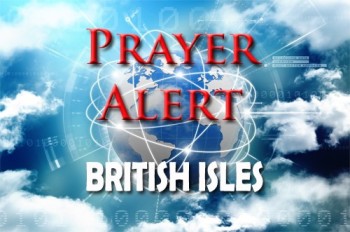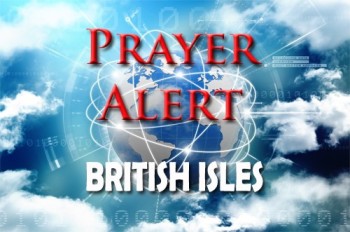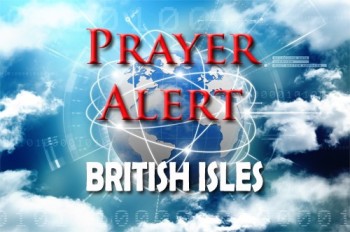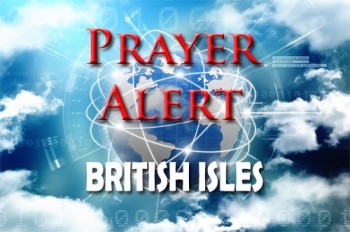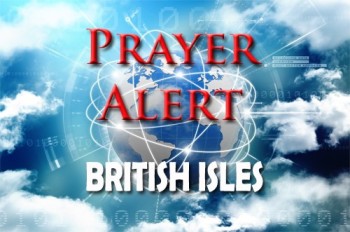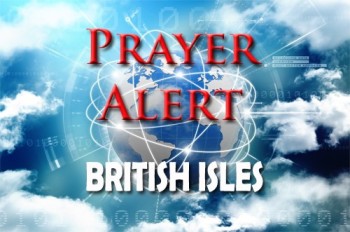North Korea fires ballistic missiles just before US election
Just a few hours before the US presidential election began, North Korea launched several short-range ballistic missiles into the sea east of the Korean peninsula. The missiles were fired from a province south of Pyongyang. South Korea confirmed the launch but has not released further details. Kim Jong-un’s sister, Kim Yo-jong, condemned the recent US-South Korea-Japan trilateral air drills involving B-1B bombers, calling them ‘hostile’ and ‘invasive’. She argued that such actions justified the expansion of North Korea’s nuclear programme. This missile test follows a significant launch on 31 October, when North Korea tested what is believed to be a new intercontinental ballistic missile. South Korean officials had earlier warned that North Korea might engage in provocative actions around the US election, raising regional tensions and global concerns.
'It's all God': surviving the hurricane by floating on couch
In the aftermath of Hurricane Helene, Howard and Lisa Ray, a North Carolina couple, experienced God’s saving power firsthand amidst unimaginable devastation. When floodwaters from the hurricane overtook their trailer, they used their couch to stay afloat as the water rose nearly thirty feet above normal levels. They drifted 400 yards on their makeshift raft, with Howard reassuring Lisa, ‘If we’re going to drown, we’re going to drown together’. Eventually, Lisa managed to pull herself up on a barbed-wire fence, sustaining cuts in the process, and they took shelter in a nearby garage. They lost everything but incredibly were soon reunited with their dog, Saddi, which had waited at the ruins of their home. Supported by donations from their church, they are pressing forward, convinced that God has a purpose in their survival. The chaplain assisting relief efforts echoed their faith, testifying to God’s guidance and strength in the worst storm damage he had ever seen.
Revival continues in US colleges
A powerful revival movement continues to sweep across US college campuses, led by UniteUS, a group that began at Auburn University. Students gather in stadiums and auditoriums, usually filled with cheering sports fans, to celebrate salvation in Christ. This revival meets students where they are, offering hope to those burdened with guilt, shame, and life struggles. Many young adults arrive with feelings of despair, but they encounter Jesus, who brings transformative joy and purpose. 'I came in ready to end my life and left with the most joy I’ve ever had’, one student said. The impact has spread from one campus to another, with thousands of students attending each event. These gatherings provide a space for healing and openness as they pray for one another and build community. Tonya Prewitt, founder of UniteUS, believes, 'This revival is just beginning. It’s a movement.' Christian student leaders support these events, facilitating prayer, personal testimonies, and baptisms, which reignite faith and change lives.
Budget: NHS, schools, houses, tax rises
The UK’s largest tax increase since 1993 was announced as Rachel Reeves introduced a budget aimed at revitalising healthcare, education, and infrastructure. Taxes will rise by £40 billion, with employer national insurance contributions, capital gains tax, and VAT on private school fees among the primary targets. These funds, coupled with higher borrowing, aim to close a financial gap left by previous administrations, supporting the NHS, affordable housing, and transport projects. Reeves acknowledged the 'difficult decisions' required, defending these increases as essential to 'rebuild Britain' without directly impacting individual income tax, VAT, or national insurance. Critics argue, however, that these tax hikes may still burden working people indirectly. In response to Tory criticisms, Reeves insisted that Labour’s approach will prevent austerity and 'put more pounds in people’s pockets' while providing relief measures for small businesses and the retail, hospitality, and leisure sectors.




